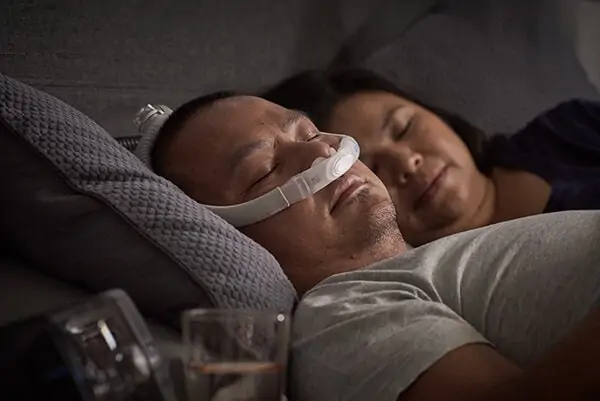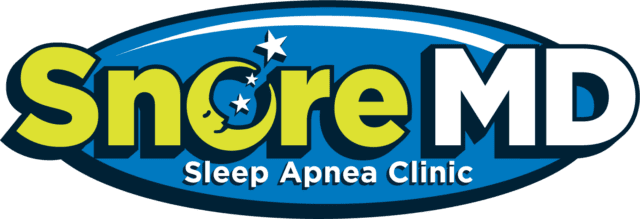
For most Canadians, getting the recommended eight hours of sleep each night can feel like a frustrating and elusive task. While some sleep disorders, such as Obstructive Sleep Apnea, require medically supervised treatment, others may be solved with natural remedies. If you’ve tried some of the more common sleep hygiene tips and are still struggling with your sleep, Melatonin might be right for you.
What is Melatonin?
Melatonin is a hormone produced by a specialized area in the brain called the pineal (Pie-neel) gland. It regulates circadian rhythm -or your “internal clock”- and is primarily released at night when the sun goes down. Melatonin is what makes us feel sleepy and can be purchased synthetically, over the counter, from most health food stores. The average dose is between one and three milligrams.
What Are The Benefits?
According to an article written by Time magazine, Melatonin has been shown to reduce inflammation, promote weight loss, and improve your ability to fall asleep. Research also shows that Melatonin can help support eye health, treat stomach ulcers, and reduce heartburn. These added health benefits are likely due to the hormone’s powerful antioxidant properties.
Who Should Take It?
Current evidence suggests that synthetic forms of Melatonin are safe, non-toxic, and nonaddictive. When taken appropriately, Melatonin can improve sleep for shift workers, those experiencing jet lag, or in people with Melatonin deficiency. It is not, however, a magical, cure-all. There are many sleep disorders that do not benefit from the use of Melatonin and consulting a healthcare professional is the best way to ensure that Melatonin is right for you.
At SnoreMD, our goal is to make 2020 your best year of sleep yet! If you or someone you know is struggling with sleep or exhibiting signs of Obstructive Sleep Apnea, we can help! Drop by one of our conveniently located clinics across Western Canada or visit our website to book your free sleep test today..
About the Author:
Ally Robertson is an experienced Registered Respiratory Therapist and Sleep Clinician with Snore MD. Her transition from critical care to community-based medicine was spurred by a desire to help make healthcare more accessible for Canadians. She is always inspired by people and organizations who invest in the health and wellbeing of others.




